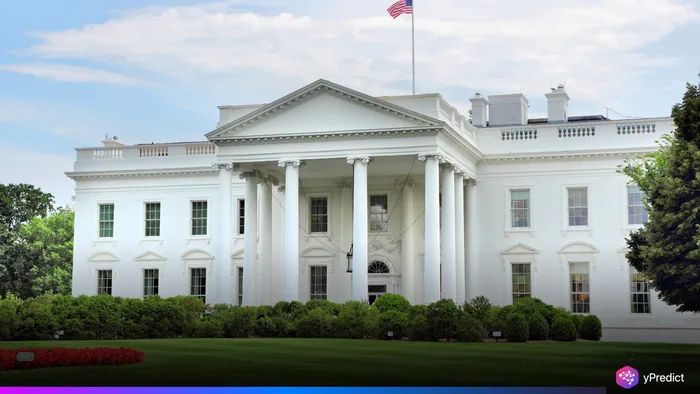
The United States now officially holds a Bitcoin reserve of nearly 200,000 BTC. This move marks a turning point in U.S. financial and technology strategy. In a detailed crypto policy report released today, the White House described Bitcoin as a national infrastructure asset. This shift changes how the government views digital assets. It no longer sees Bitcoin as just a speculative tool. Instead, it plans to use it as part of a long-term financial strategy. The U.S. aims to build a stable and sustainable digital asset system for the future.
For years, speculation has swirled about the fate of Bitcoin seized in major law enforcement actions. From Silk Road to dark web crackdowns, the government has quietly accumulated digital wealth. The new report finally confirms what many in the crypto space suspected , that the U.S. has been sitting on a massive Bitcoin stockpile. What’s new, however, is the shift in intent. The Biden administration now views these holdings not as assets to liquidate, but as part of a larger crypto infrastructure strategy.
Bitcoin Now Part of US National Strategic Reserves
The report outlines that approximately 200,000 BTC, worth over $12 billion, have been secured in federal wallets over the past decade. These assets were primarily seized during criminal investigations and auctions. Until now, the government has occasionally sold portions of these holdings. However, the latest policy pivots from liquidation to preservation, marking a major evolution in the country’s crypto thinking.
This announcement aligns the Bitcoin reserve with traditional national reserves like gold or foreign currencies. It also lends credibility to the idea that Bitcoin is being treated as a sovereign asset rather than a risky investment. Such positioning not only boosts Bitcoin’s institutional reputation but also may influence other governments to consider similar moves.
Crypto Infrastructure Takes Center Stage in US Policy
The report also positions bitcoin and blockchain technology as the foundational technology underlying the future crypto infrastructure. It recommends federal agencies coordinate efforts to develop secure custodial models, regulatory clarity, and economic modeling around digital assets–which means the U.S. intends to treat bitcoin as a kind of digital public infrastructure.
The report represents a significant shift from the reactive approaches of past administrations. Rather than designing regulations solely on a basis of risk mitigation as many prior reports and guidelines have done, this report establishes a path for the widespread use of decentralized finance and bitcoin. The report recognizes bitcoin’s relevance to decentralized finance, national resilience, and other potential use cases in global trade.
How the Bitcoin Reserve Could Shape Global Crypto Norms
The change in U.S. policy could have ripple effects across the world of crypto. If other countries follow suit, Bitcoin could enter a new phase of global legitimacy, especially if institutional investors are building on fiat movements.
The reserve also sends a message to private and public players alike: Bitcoin isn’t going away. Instead, it’s being incorporated into the very fabric of fiscal policy and digital innovation. The presence of a strategic Bitcoin reserve could serve as a stabilizing force for the crypto market, especially during periods of volatility.
The Future of US Crypto Policy After This Declaration
The policy report also outlines a framework for future US crypto policy, including transparent seizure practices, public accounting of digital assets, and international cooperation. Importantly, it encourages Congress to accelerate legislation that defines how digital assets fit into national financial law.
Regulators will likely ramp up enforcement but also begin offering clearer compliance pathways. The report emphasizes a dual-track approach , supporting innovation while maintaining strict oversight. In this way, the White House is aiming to balance economic competitiveness with systemic safety.






